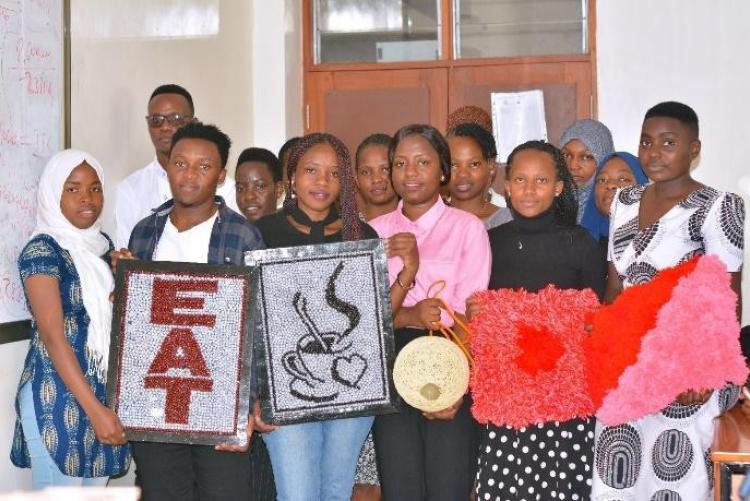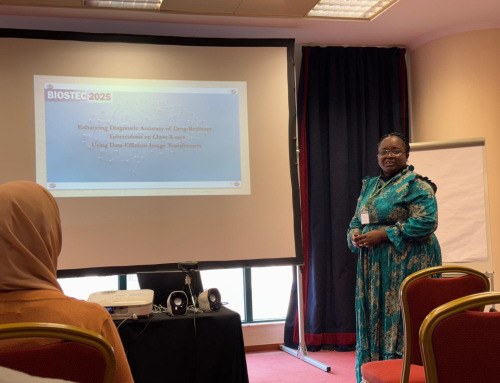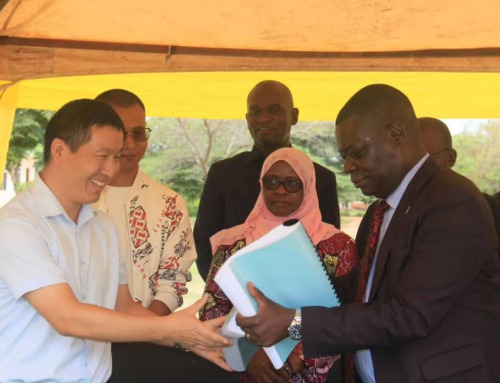In a significant step towards advancing the quality of education at Sokoine University of Agriculture (SUA), the College of Agriculture, specifically the Department of Nutrition and Consumer Science, recently conducted a collaborative session with stakeholders. This meeting, held with representatives from both the Public and Private Sectors, aimed at the improvement and development of curricula within programs overseen by the Ministry. The overarching objective is to ensure that the revised curriculum aligns seamlessly with the current needs of the industry, thereby preparing graduates at various academic stages to excel in their chosen fields.
Head of the Department of Nutrition and Consumer Science, Dr. Hadijah Mbwana, shared insights with SUAMEDIA immediately following the session. She revealed that the stakeholders’ meeting focused on reviewing five curricula, emphasizing the importance of understanding the requirements of the global market. Dr. Hadijah highlighted the collaborative approach, stating that various stakeholders were given the opportunity to express their opinions, ensuring a well-rounded consideration of essential areas in the final curriculum production process.
“Our department comprises two major courses, with a focus on Human Nutrition and Consumer Studies. We invited stakeholders from all relevant sectors to help us identify additions to these curricula, ensuring that students acquire necessary knowledge in line with the developments in Science and Technology,” explained Dr. Hadijah.
She emphasized that the current curriculum improvement aims to equip students with the skills for independence. Dr. Hadijah expressed gratitude for stakeholders’ contributions, stating that their ideas and proposals played a crucial role in shaping the curriculum. The engagement with stakeholders is viewed as vital, considering they are the primary beneficiaries of the produced content or providers of training.
Loitsedi Mlali, Acting Assistant Director of Nutrition Services at the Office of the President, Regional Administrations, and Curriculum Governments, emphasized the significance of improving SUA’s curriculum and creating new curricula for nutrition services. This effort aligns with the substantial investments in the health sector, social welfare, and nutrition.
Sarah Makweba, a third-year student pursuing a Bachelor of Consumer Science, welcomed the changes in the curriculum, acknowledging the importance of adapting to the evolving realities of the world. This student perspective underscores the positive impact of curriculum enhancements in fostering a relevant and forward-looking educational experience.






